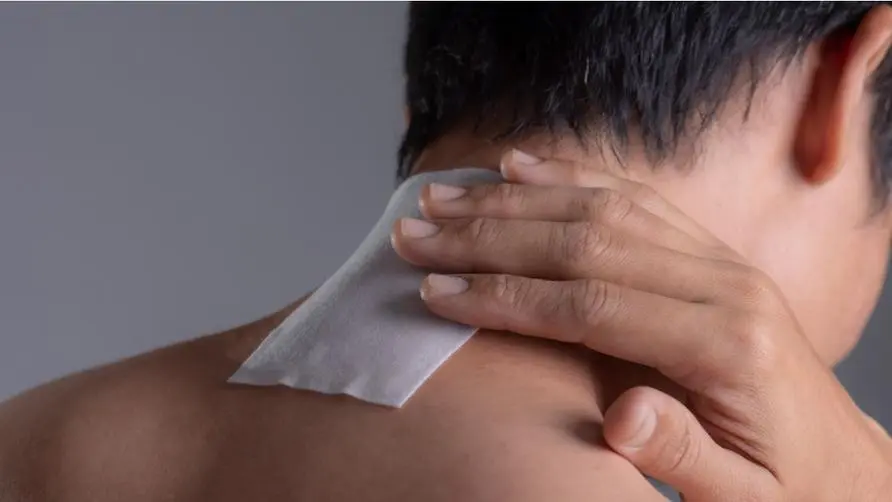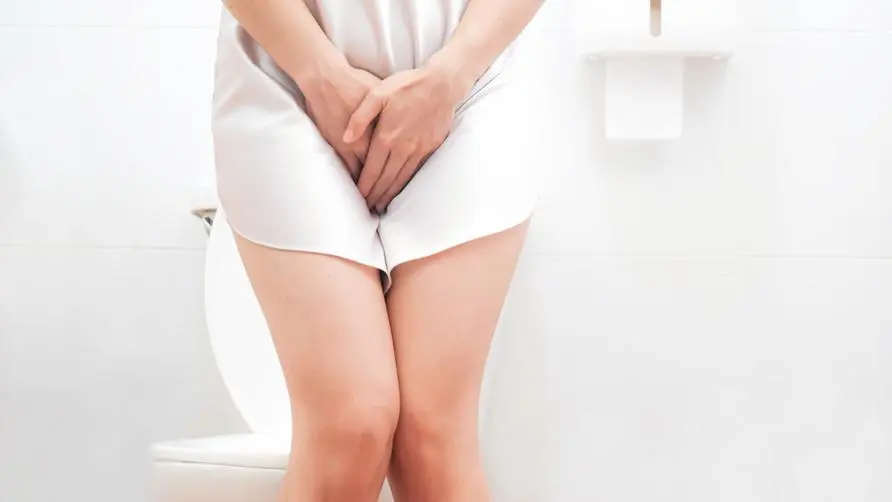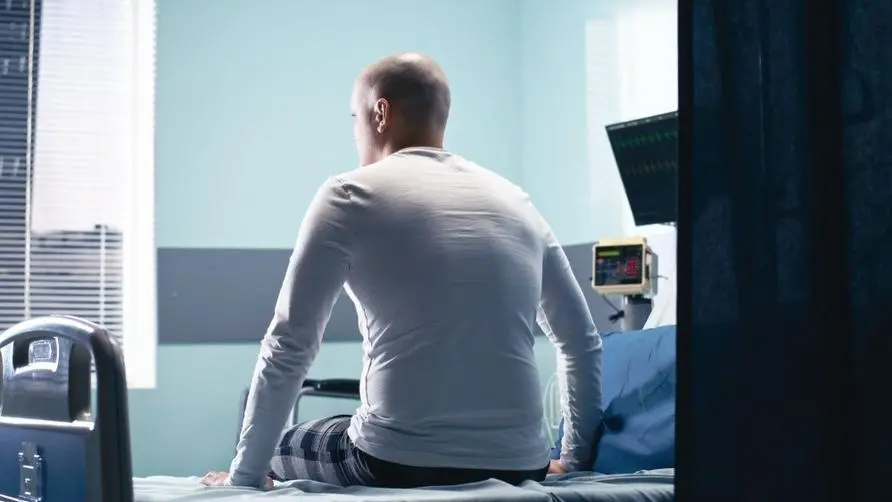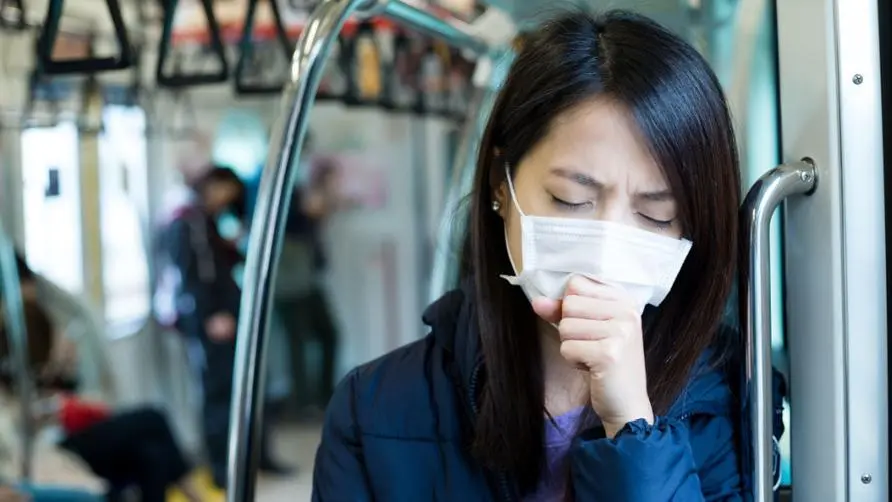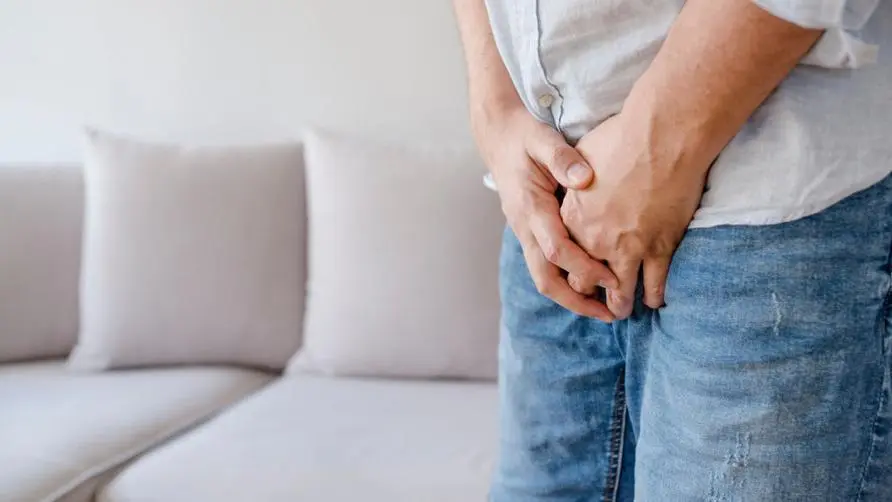What to do if you have chronic prostate inflammation? Are holding in urine and sitting for long periods of time more dangerous? Doctor: If you have any problems with urination, seek medical attention immediately.
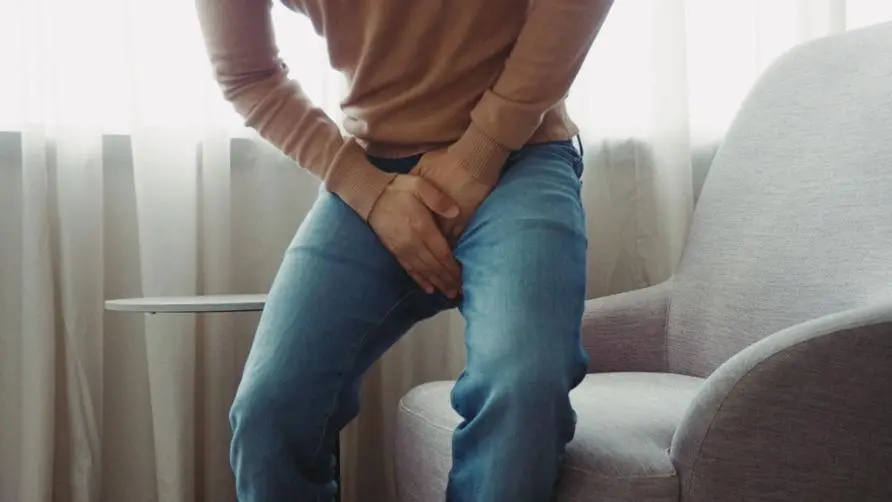
In addition to older people who need to pay attention to the problem of prostate hypertrophy, young people also need to beware of the effects of “prostate inflammation”. Dr. Wu Jiazhang, director of the Department of Urology at Shuang Ho Hospital of the Ministry of Health and Welfare, pointed out in an interview that prostate-related diseases, in addition to prostate hypertrophy and prostate cancer, are often prone to prostate inflammation between the ages of 30 and 70. Among young mature men and mature men.
Should young people worry about “prostate inflammation”? Is it more likely to worsen if you ride a bicycle frequently?
Dr. Wu Jiazhang explained that prostate inflammation is divided into “acute inflammation” and “chronic inflammation”. Acute inflammation comes and goes quickly. Although it may cause symptoms such as difficulty urinating and fever, it can be treated with antibiotics 1- You can achieve good recovery results in 2 weeks. Chronic inflammation may cause discomfort or pain in the perineum, base or glans of the penis, groin, lower abdomen or lower back.
Dr. Wu Jiazhang said that the discomfort caused by chronic inflammation of the prostate often persists and causes irritation and pain in many parts of the body. However, medical examination of semen, prostate fluid, urinary function or bacterial infection in urine often shows no abnormality. It can be said that It is one of the most troublesome “difficult diseases” for men. There are many causes of prostate inflammation, such as bacterial infection, holding in urine for a long time, sitting for a long time, or riding a bicycle for a long time that puts pressure on the perineum. Chronic prostatitis is divided into the following three types according to its cause and examination results:
Bacterial chronic prostatitis: Bacterial infection causes inflammation, including ascending infection through the urethra, direct invasion of rectal bacteria, or lymphatic infection; caused by incomplete treatment of acute infection or the special structure of the gland that prevents the invading bacteria from being eradicated. Chronic inflammatory state.
Non-bacterial chronic prostatitis: The cause may be chemical stimulation caused by urine contacting the glands, causing an inflammatory reaction. Prostate fluid examination showed an increase in the number of inflammatory cells and white blood cells, but bacterial culture did not produce bacteria.
Chronic prostate pain: The causes include hypertonicity caused by excessive contraction of the bladder neck, proximal urethra and pelvic floor muscles. There is neither an increase in the number of white blood cells nor the culture of bacteria in the prostate fluid of such patients.
How to treat chronic prostatitis? Can “low-energy shock waves” solve the problem of impotence?
Regarding the problem of chronic inflammation of the prostate, Dr. Wu Jiazhang pointed out that patients can take drug treatment in the early stage, such as taking antibiotics, type A sympathetic blockers, muscle relaxants or anti-inflammatory analgesics to seek improvement. They can also use “low-energy extracorporeal therapy” “Shock wave therapy” improves blood circulation, metabolism and reduces inflammation in the prostate area.
Dr. Wu Jiazhang emphasized that Taiwan’s low-energy extracorporeal shock wave equipment currently has two indications. One is chronic prostate inflammation and the treatment of related pain symptoms caused by chronic prostate inflammation; the other is erectile dysfunction, which uses shock waves to treat erectile dysfunction. The probe relies on the male penis to drive shock waves into the cavernous tissue, using its angiogenesis effect to increase the number of blood vessels in the penis, allowing new healthy blood vessels to replace overly narrow blood vessels, congesting the penis and improving erectile dysfunction.
Will chronic prostatitis affect male virility? If you encounter “Situation 1” while going to the toilet, it is recommended to seek medical advice immediately
Dr. Wu Jiazhang pointed out that the main symptoms of chronic prostatitis are pain and urination disorders. The pain is usually located in the perineum, groin, near the penis and testicles, lower abdomen and lower back. Urinary disorders include difficulty in urination, slow urinary flow, Urinary problems such as frequent urination, urgent urination, and frequent nocturia. Urination problems may affect the reproductive system and sexual function. It is recommended that young men seek the assistance of a urologist. If you have high blood pressure, diabetes, or high cholesterol, you should clarify whether it is caused by the three high diseases or simply damage to the capillaries of the penis. of erectile dysfunction.
How do young men know if they have difficulty urinating? Dr. Wu Jiazhang revealed that a simple way to judge is when urinating in a public toilet, if the man next to you has left but you are still “reluctantly” urinating slowly or dribbling, or you need to run to the toilet frequently after falling asleep at night. These conditions may be signs of prostate hypertrophy. It is recommended to go to a urology department for diagnosis immediately to avoid affecting the quality of life.
Further reading:
[Expert Q&A] What are the causes and symptoms of prostate hypertrophy? Does treatment require surgery? Can taking aphrodisiacs improve the lower urinary tract?
